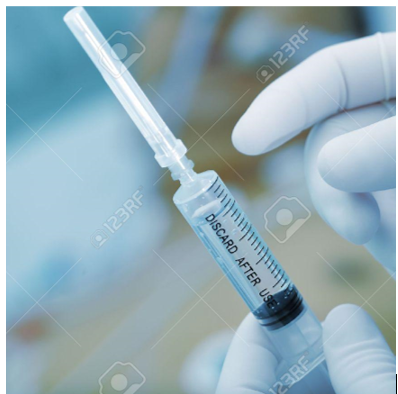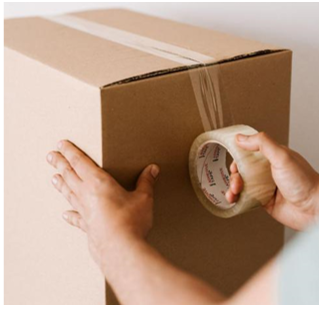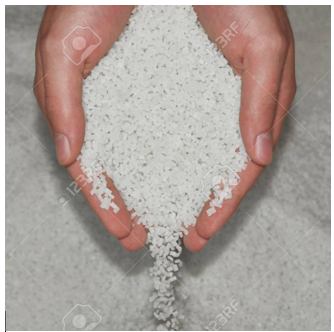Recent outlook at plastic manufacturing industry in Malaysia
The plastics industry contributes significantly to the GDP of Malaysia, estimated at US$7.23 billion to the national economy in 2018 (4.7% GDP). According to the Department of Statistics Malaysia, sales of manufactured plastics rose 23% year-on-year to RM38.68 billion in the first eight months of 2021. Exports of plastic products increased 21% in the same period from RM8.63 billion to RM10.43 billion.
This strong growth was largely due to the plastics industry being essential in supporting many economic sectors during the Covid-19 pandemic.
The sustained growth of the industry has brought wide ranging benefits to Malaysian society, and the highly diversified sector produces goods ranging from automotive components to construction materials, housewares and packaging products.
Estimated annual household plastic packaging consumption in Malaysia in 2020, by type (in 1,000 metric tons)

The chart shows significant amounts of consumption of plastic packaging in the Food & Beverage sectors, where demand has increased due to the Covid-19 pandemic. The government imposed lockdowns has caused consumers to order food by delivery while at home and also to demand better and proper packaging as protection against infection.

The downsides to this growth however, is the lack of properly managing of plastic waste and litter from land-based sources. This inadequate infrastructure is generating significant economic and environmental costs, affecting marine life and the wellbeing of societies along Malaysia’s coastlines.
Malaysia recognises that plastic pollution is a serious emerging issue and is playing an active role at the regional level to address plastic debris and is developing a Circular Economy Roadmap to combat mismanaged plastic waste nationally. Malaysia recycled just 24% of key plastic resins in 2019 and is not on track to meet the JPSPN (National Solid Waste Management Department) recycling target of 40% by 2025.
Many of the challenges faced in recycling plastic waste are amplified by the ongoing Covid-19 pandemic. Changes in consumption patterns and low waste collection rates have led to supply reductions for recyclers, while low oil prices have made it cheaper to use virgin rather than recycled plastic.




